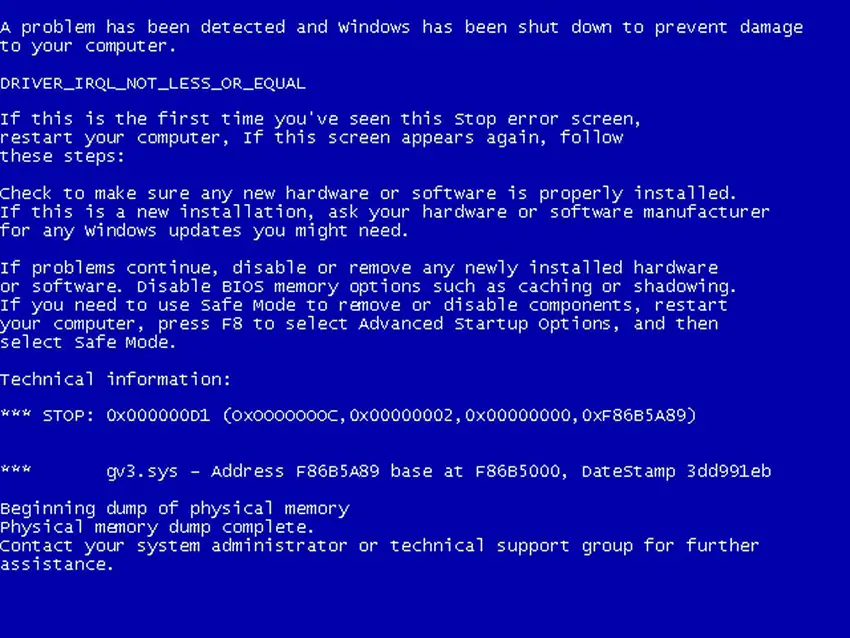Table of Contents
Exceptions are errors in our program that causes Python to stop and display an error message. Exceptions are handled using the try-except-finally block.
 We want to avoid catastrophic errors.
We want to avoid catastrophic errors.
Exception Handling
As mentioned before, we handle exceptions using the try-except-finally block. The try block is where you put the code that could potentially throw an exception. The except block is where you can gracefully perform an action if an exception was indeed thrown. Lastly, the finally block allows you to run code no matter if an exception was thrown or not.
Let's look at a very simple exception:
PYTHONtry:
print(sabe)
except:
print("An exception occurred.")
BASHAn exception occurred.
In our piece of code, the variable sabe was purposely not defined. This threw an exception which we handled inside our except block.
Notice how we didn't use a finally block because they are entirely optional. However, we could use one anyway like this:
PYTHONtry:
print(sabe)
except:
print("An exception occurred.")
finally:
print("Moving on!")
BASHAn exception occurred.
Moving on!
Multiple Exceptions
You can handle multiple exceptions by chaining the except blocks and specifying what error you want to handle.
Here's how that looks:
PYTHONtry:
print(sabe)
except OverflowError:
print("An overflow occurred.")
except:
print("An exception occurred.")
finally:
print("Moving on!")
BASHAn exception occurred.
Moving on!
Else
You can use the else block to run code when no exceptions were thrown. This is similar to the finally block except that the finally block runs no matter what whereas the else block runs only when the code was exception-free.
PYTHONtry:
print("Hello!")
except OverflowError:
print("An overflow occurred.")
except:
print("An exception occurred.")
else:
print("Great, no errors!")
finally:
print("Moving on!")
BASHHello!
Great, no errors!
Moving on!
Raising Exceptions
When the situation arises, you might want to raise an exception yourself. This is done using the raise keyword:
PYTHONraise Exception("Sorry, this is an exception!")
BASHTraceback (most recent call last):
File "C:\Users\Sabe\sabe.py", line 1, in <module>
raise Exception("Sorry, this is an exception!")
Exception: Sorry, this is an exception!
This is useful especially if you're writing your own module because it allows users of your module to then handle your exceptions themselves and handle it however they want.
Resources
 Getting Started with Solid
Getting Started with Solid Create an RSS Reader in Node
Create an RSS Reader in Node Getting Started with Electron
Getting Started with Electron Git Tutorial: Learn how to use Version Control
Git Tutorial: Learn how to use Version Control How to Set Up Cron Jobs in Linux
How to Set Up Cron Jobs in Linux How to deploy an Express app using Docker
How to deploy an Express app using Docker How to Scrape the Web using Node.js and Puppeteer
How to Scrape the Web using Node.js and Puppeteer Build a Real-Time Chat App with Node, Express, and Socket.io
Build a Real-Time Chat App with Node, Express, and Socket.io Getting User Location using JavaScript's Geolocation API
Getting User Location using JavaScript's Geolocation API Using Push.js to Display Web Browser Notifications
Using Push.js to Display Web Browser Notifications Building a Real-Time Note-Taking App with Vue and Firebase
Building a Real-Time Note-Taking App with Vue and Firebase Getting Started with Vuex: Managing State in Vue
Getting Started with Vuex: Managing State in Vue
